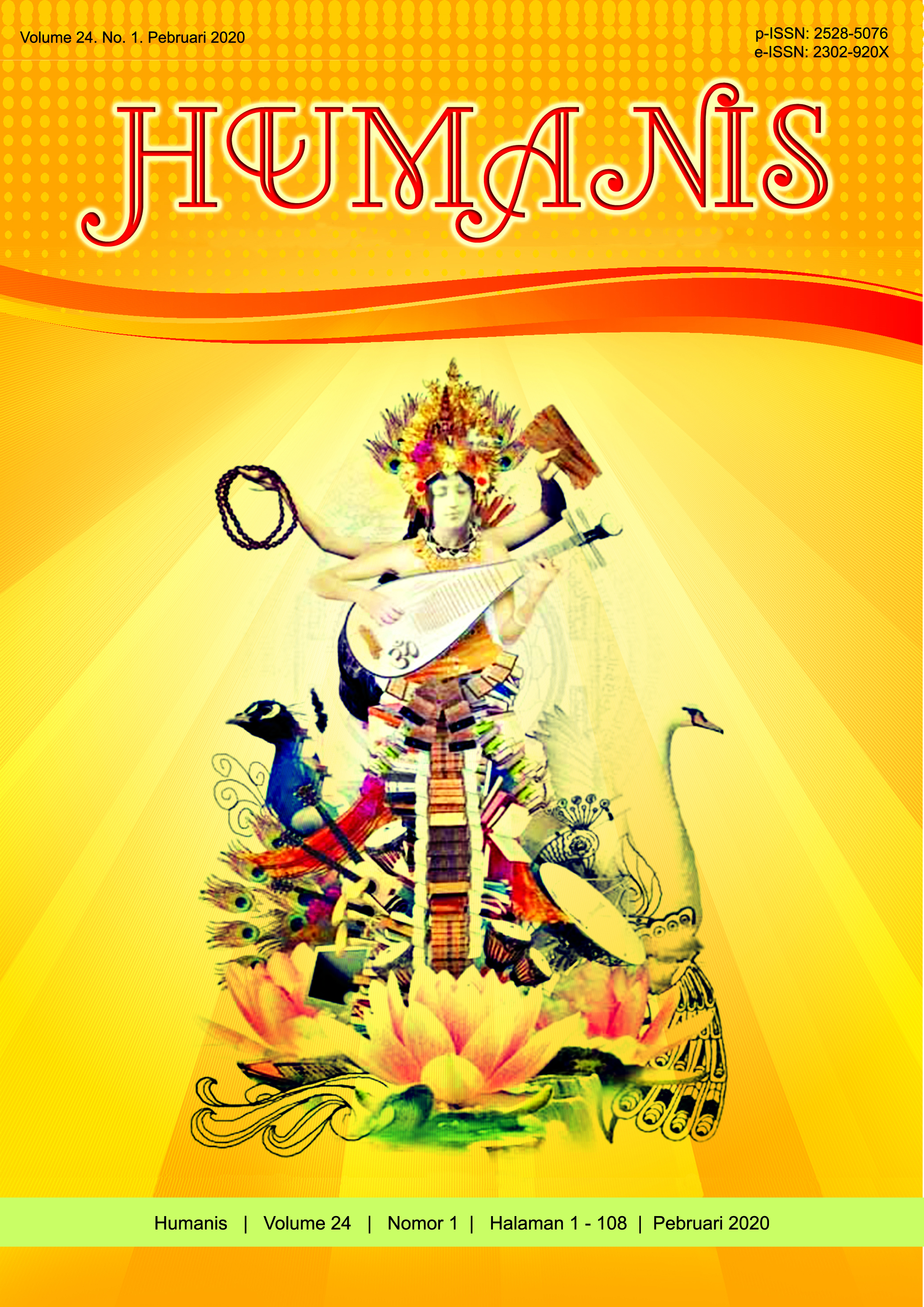Kritik Sastra Feminis dalam Komik Kaich? wa Meido-Sama! Karya Hiro Fujiwara
Abstract
The title of this research is “The Feminist Literary Criticism in Kaich? wa Meido-Sama! by Hiro Fujiwara”. This research focuses on two problems: how the feminism is shown in Kaich? wa Meido-Sama! by Hiro Fujiwara and how is the main character’s feminism ideology influence another character in the comic. Methods used in this research is descriptive analysis method and the informal method. The theories used are feminism theory by Lorber (1997) and semiotics by Danesi (2011). The analysis result shows that feminisms ideology that revealed in the comics is liberal feminism, such as women also can be physically strong, rational and using men’s language; women as a leader; women were not inferior; and social discrimination against women. Liberal feminism ideology of the main character has positive and negative influences to another character in the comic. The positive influences show on some attitudes from characters such as Shotaro Kano and Tora Igarashi towards women and also female and male students relation. The negative influence shows in the dependence female students on the female character, Misaki Ayuzawa.
Downloads
References
Damayanti, S. (2018). Perempuan dalam Puisi Cinta Shuntaro Tanikawa dan Ws Rendra: sebuah Kajian Sastra Bandingan1. Jurnal Triton Pendidikan, 1(1), 19-26.
Danesi, Marcel. 2011. Pesan, Tanda, dan Makna: Buku Teks Dasar Mengenai Semiotika dan Teori Komunikasi. Yogyakarta: Jalasutra.
Davies, Rojer J. dan Ikeno, Osamu. 2002. The Japanese Mind, Understanding Contemporary Japanese Culture. Singapore: Turtle Publishing.
Fakih, Mansour. 2013. Analisis Gender dan Transformasi Sosial. Yogyakarta: Pustaka Pelajar Offset.
Fujiwara, Hiro. 2006. Kaichō wa Meido-Sama! 1. Tokyo: Hakusensha.
Fujiwara, Hiro. 2007a. Kaichō wa Meido-Sama! 2. Tokyo: Hakusensha.
Fujiwara, Hiro. 2007b. Kaichō wa Meido-Sama! 3. Tokyo: Hakusensha.
Fujiwara, Hiro. 2013. Kaichō wa Meido-Sama! 18. Tokyo: Hakusensha
Kawashima, Noriko dan Miyake, Eriko. 2015. Shiriizu (Onna, Asu ni Ikiru) 23, Ajia no Naka no Jendā, Tayō na Genjitsu wo Toraekangaeru. Kyōto: Minervashobo
Lorber, Judith. 1997. The Variety of Feminisms and Their Contributions to Gender Equality. Oldenburg: Oldenburg University
Nakamura, Momoko, 2010. Jenda de Yosou Kotoba. Osaka: http://hdl.handle.net/10466/12687 (Diunduh tanggal 10 Januari 2019)
Sisilia, V. P., Dewi, N. M. A. A., & Damayanti, S. (2016). Pengaruh Pola Asuh Ibu Terhadap Perkembangan Kepribadian Tokoh Hikaru Narumi Dan Hiro Narumi Dalam Manga Piece Karya Ashihara Hinako. Jurnal Humanis, 17(2), 277-285
Sugihastuti dan Suharto. 2010. Kritik Sastra Feminis: Teori dan Aplikasi. Yogyakarta: Pustaka Pelajar
Sugimoto, Yoshio. 2010. An Introduction to Japanese Society. New York: Cambridge University Press.


















